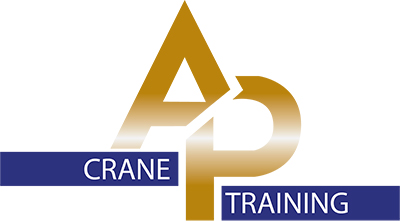
How to Become a Certified Crane Operator: Your Step-by-Step Guide
Are you amazed by cranes lifting heavy loads on construction sites? Do you want to control these machines and make a difference in building projects? Becoming a certified crane operator might be the perfect career for you. This guide will walk you through the essential steps to get certified and start your career.
Ready to take your crane skills to the next level? Check out our crane train the trainer and become a top crane instructor. It’s packed with everything you need to succeed.
1. What Does a Crane Operator Do?
Before we dive into the steps, let’s clarify the role of a crane operator. Crane operators manage the lifting and moving of heavy materials using various types of cranes on construction sites, in warehouses, and in industrial settings. This job requires technical skills, good spatial awareness, and a strong focus on safety.
Key Responsibilities:
- Operate cranes to lift and move heavy materials
- Ensure safety during lifting and transporting
- Inspect and maintain equipment
- Communicate with team members effectively
2. Education and Training Requirements
To start your journey, you typically need a high school diploma or GED. Many crane operators choose to enroll in crane operator training programs at vocational schools or community colleges. These programs cover crucial topics like crane operation techniques, safety standards, load calculations, and equipment maintenance.
Why Get Formal Training?
- Learn how to operate cranes safely and efficiently
- Understand safety regulations and maintenance
- Gain hands-on experience with industry-standard equipment
3. Getting Hands-On Experience
Real-world experience is crucial for becoming a successful crane operator. Look for apprenticeships with construction companies or crane rental firms. During your apprenticeship, focus on learning from experienced operators, paying attention to safety, and improving your skills.
Tips for a Successful Apprenticeship:
- Emphasize safety and precision
- Ask for feedback from mentors
- Keep track of your progress and skills learned
4. Obtaining Certification
Certification is an important step to prove your skills. The National Commission for the Certification of Crane Operators (NCCCO) offers certifications for different types of cranes, like mobile, tower, and overhead cranes. To get certified, you need to meet experience requirements, pass written and practical exams, and follow ethical standards.
Steps to Get Certified:
- Fulfill experience requirements for the crane type.
- Pass the NCCCO written exam.
- Complete and pass the practical exam.
- Maintain your certification by following NCCCO guidelines.
Elevate your crane operation skills with our top-rated overhead crane training. Our comprehensive program is designed to help you excel in your field.
5. Continuing Education and Career Growth
Even after certification, it’s important to keep learning. Participate in continuing education through workshops, seminars, and online courses to stay updated with industry trends and safety regulations. Consider advanced certifications or endorsements to enhance your career opportunities.
Ways to Keep Growing:
- Join workshops and seminars
- Take online courses for advanced crane operation techniques
- Get additional certifications or endorsements
Conclusion
Becoming a certified crane operator is a rewarding career path that requires dedication and ongoing learning. By understanding your role, getting proper education and training, gaining hands-on experience, obtaining certification, and continuing your education, you can build a successful career in crane operation.
Ready to get started? Discover top-quality crane training services in California and take the first step toward becoming a certified crane operator!

Leave a Reply